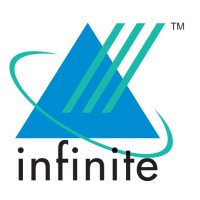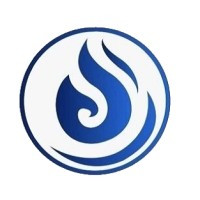Never Miss a New Opportunity
Subscribe and get the latest jobs directly to your inbox
Related Jobs


Glow Beauty on Demand
•
Full-time
•
California, United States, US
•
$107.42k - $133.60k / year
•
1w ago

Glow Beauty on Demand
•
Full-time
•
California, United States, US
•
$107.42k - $133.60k / year
•
1w ago

Glow Beauty on Demand
•
Full-time
•
California, United States, US
•
$138.40k - $163.99k / year
•
1w ago




